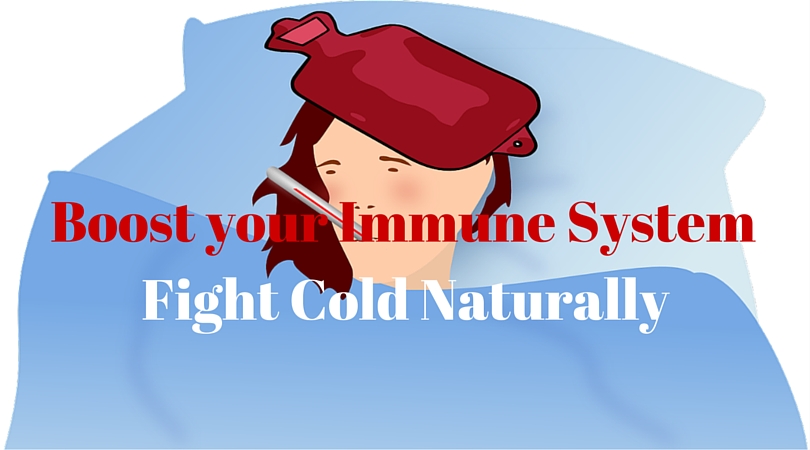
Boosting the immune system during the cold season
Boosting the immune system during the cold season
An overall general health and a strong immune system are essential in preventing conditions associated with this time of year. There are some changes you can make in your diet and lifestyle for a stronger immune system. Here are some ways to get through winter without health problems.
Probiotics
About 70-80 percent of probiotics are located in the gut, becoming a part of the gut flora. Probiotics play a role in preventing the development of pathogenic microorganisms that can cause infection. Moreover, probiotics enhance the intestinal immune response, strengthening defense capability. Probiotics, like antibiotics, work against infections, but their great advantage is that they do not affect the gut flora.
Probiotics directly stimulate immunity by increasing the production of lymphocytes, which strengthens the immune system and allow a rapid response to infections. It’s recommended a daily dose of 10 billion Bifidobacterium and Lactobacillus probiotics. They are particularly found in fermented foods: yogurt, pickled cucumbers and kefir. Other sources of probiotics are: garlic, bananas, artichokes, onions or oats.
Vitamin C
High vitamin C foods increase the production of infection-fighting white blood cells as well as the level of interferon, antibodies that protect against infection and bacteria. Vitamin C has antioxidant properties, neutralizing free radicals and fighting infectious diseases. Excellent sources of vitamin C: lemons, rose hips, underbrush, chili peppers, green peppers, blueberries, broccoli, cabbage. The recommended daily intake for vitamin C is 200 mg.
Zinc
Zinc plays an important role in the immune system, preventing colds, flu and allergies. Studies show that zinc deficiency in the body lowers immune cell functions. Zinc has antioxidant properties and prevents infections in healthy people (by maintaining a strong immunity), but is even more important during fever, when the immune system is overloaded. Natural sources for zinc include wheat germ, flaxseed, pumpkin seeds, walnuts. The recommended daily dose is 10-25 mg.
Vitamin D
Stress and a high level of cortisol in the blood are associated with an increased risk of viral infection. Vitamin D deficiency may result in weakening of the immune defense. Vitamin D promotes calcium absorption. In winter, due to insufficient exposure to sunlight, vitamin D synthesis decreases dramatically, which requires a food intake at the level of a 5 micrograms daily need. The main sources are fatty fish, liver, high vitamin D foods (milk or orange juice). In food, vitamin D is found in the flesh of oily fish, egg yolk, milk, cod oil. The recommended daily dose is 3000-5000 units.
Oregano oil
Studies have shown that this is the most powerful natural antibiotic and has numerous body healing properties: antibacterial, antispasmodic, anesthetic, antivenin, antiparasitic, antimicrobial, antifungal. Oregano oil can act in two ways: as a means of prevention, but also as a treatment to hasten healing. It acts both as a good expectorant and antiviral agent, but also as an antioxidant that helps in eliminating toxins and boosting our immune system.
Ginger
Ginger is a traditional remedy in alternative medicine and is used because of its nutrients, which have anti-inflammatory and antibacterial properties. Ginger, either in the form of tea or naturally consumed, is a good remedy for colds as it soothes sore throat, relieves symptoms of sinusitis, fever and throat infections.
Diet and lifestyle
Eat lean proteins at every meal, as bacteria-fighting antibodies are made of proteins. Eat small amounts of beef, pork, soy, beans and seafood. Walnuts are also sources of protein and magnesium. Avoid processed foods that destroy “friendly” bacteria in the gut, which helps the body fight infections more effectively.
Reduce stress (try breathing techniques, massage, meditation or music therapy) to reduce cortisol levels and strengthen the immune system. Exercise is also a factor which eliminates stress and boosts immunity. Following these steps you will reduce your risk of getting sick this winter!

Leave a Comment